What is Workday LMS?
Let’s try new trendy technology today to boost your IT career, here, we will learn from scratch on Workday LMS, Have some boost-up points on the Workday LMS tutorial & Workday LMS training.
Overview: Introduction to Workday LMS
It is an on-cloud LMS designed to oversee learning programs within organizations. It offers users access anywhere, anytime while remaining secure from malicious attacks on data security systems like servers hosting it. It can control more flexibility and access.

Workday Learning Management System (LMS) equips businesses with an impressive suite of features and tools that allow them to design, implement and monitor diverse learning initiatives such as professional development courses, employee training programs, onboarding programs, or compliance training courses.
It provides a centralized platform to track all learning activities, making it more straightforward for organizations to deliver successful training programs and foster employee development.
What is Workday LMS?
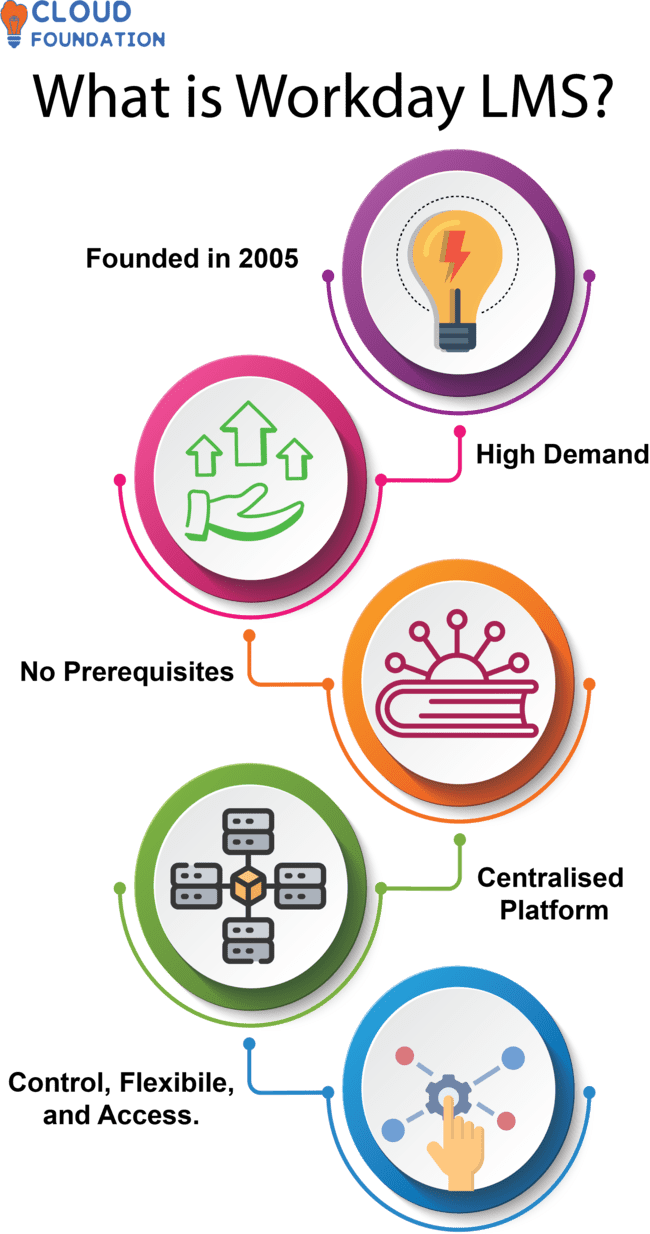
It is an online learning platform designed to assist businesses in creating, executing, and overseeing training, onboarding, and certification programs.
Tool for collecting learning data, developing and administering courses, delivering content, measuring learning progress, and providing learning updates. Also featured: computerized reporting capabilities, individualized educational pathways, and gamification features.
Workday Workforce Planning integrates seamlessly with several apps, such as Workday HCM and Financial Management (FM).
Workday LMS definition
Provides various tools for organizing, designing, delivering, managing, and measuring staff learning activities.
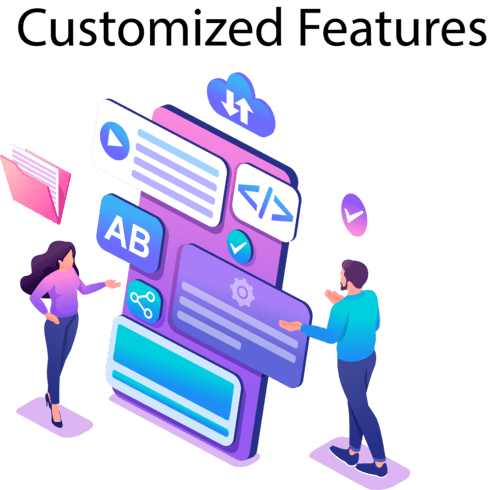
It also offers customization features and data that enable organizations to tailor educational opportunities for their staff needs.
It integrates with various Workday systems, including HR, Payroll, and Talent Acquisition.
What does Workday LMS do, and what is Workday LMS used for?
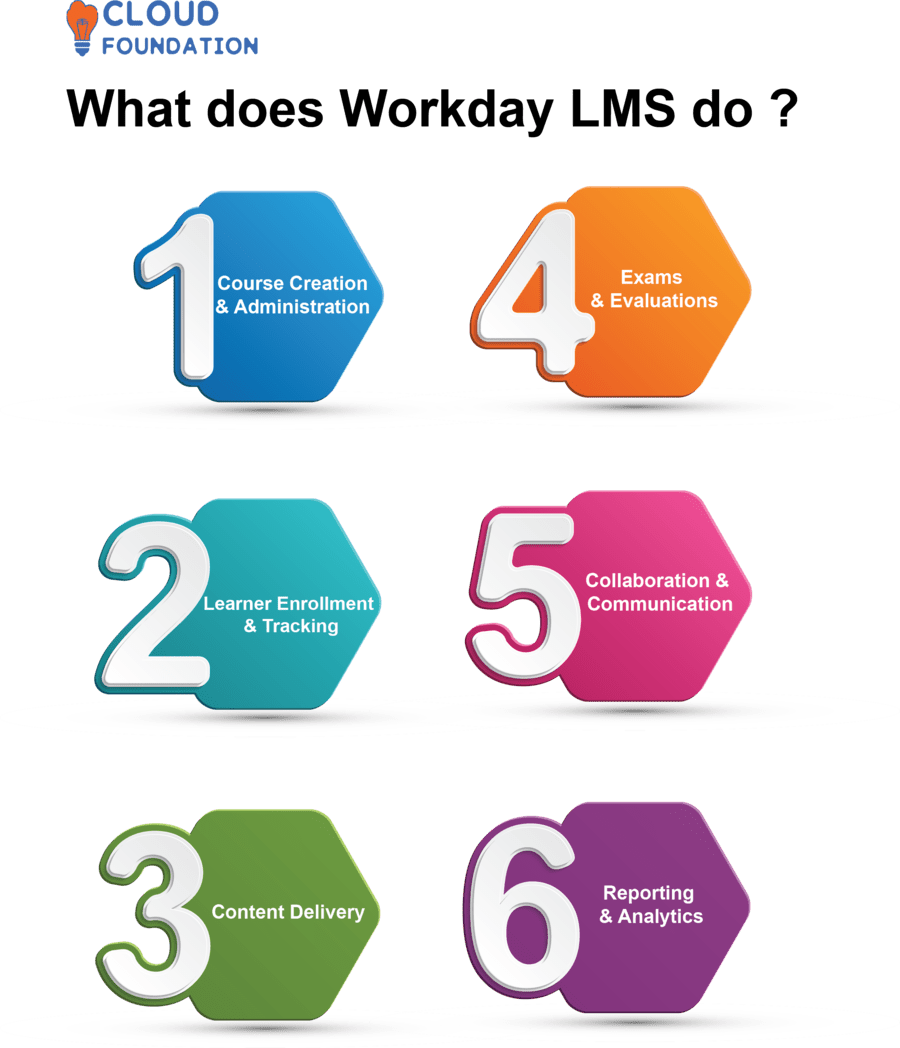
Course Creation and Administration: Administrators would use Workday LMS to design and oversee courses or learning materials via its administration features – this might involve uploading content, organizing catalogs, or setting prerequisites based on needs assessment results.
Learner Enrollment and Tracking: With an LMS, administrators couldenroll students into courses, monitor their progress and manage learning paths more easily. Learners may enroll themselves or be assigned courses by managers.
Content Delivery: Workday LMS would serve as a platform to deliver learning content directly to students, such as movies, presentations, documents, quizzes, or other interactive learning elements.
Exams and Evaluations: An LMS provides tools for creating exams, quizzes, and evaluations to measure learners understanding and progress; additionally, it may supply instructors and administrators with reports detailing learner performance and comments.
Collaboration and Communication: Workday LMS features capabilities that allow learners to collaborate and communicate effectively with classmates, instructors, and subject matter experts through discussion boards, message systems, or virtual classrooms.
Reporting and Analytics: LMSs should contain reporting and analytics capabilities for tracking learner engagement rates, completion rates, key performance factors, and other vital statistics about learners enrolled in training programsand making data-driven decisions about them.
Administrators and managers can utilize this data to measure training programs’ effectiveness and make evidence-based decisions based on that information.
Here are the highlights of what Workday LMS can do, along with critical highlights for why Workday LMS exists:
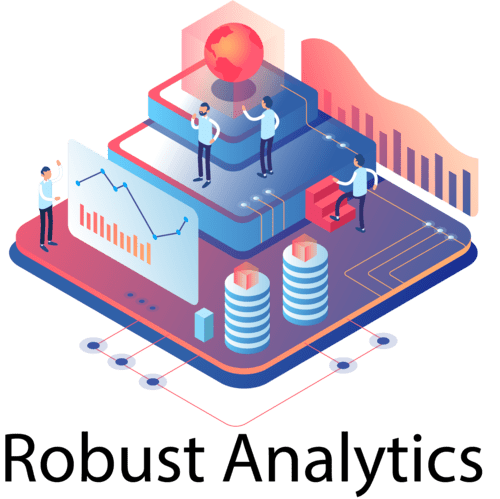
Attracting companies seeking educational content delivery solutions that give them access to students, tracking progress, and measuring returns provide access to a user-friendly interface, customizable workflows, and robust analytics capabilities – providing companies with everything needed for education programs.
By employing tailored learning paths, organizationsalso provide more individualized educational experiences for their employees.
What are the differences between Workday LMS and LXP?
Workday Learning Management System (LMS) and Learning Experience Platform (LXP) are independent but interlinked learning management and development systems; here is an outline of their fundamental differences:
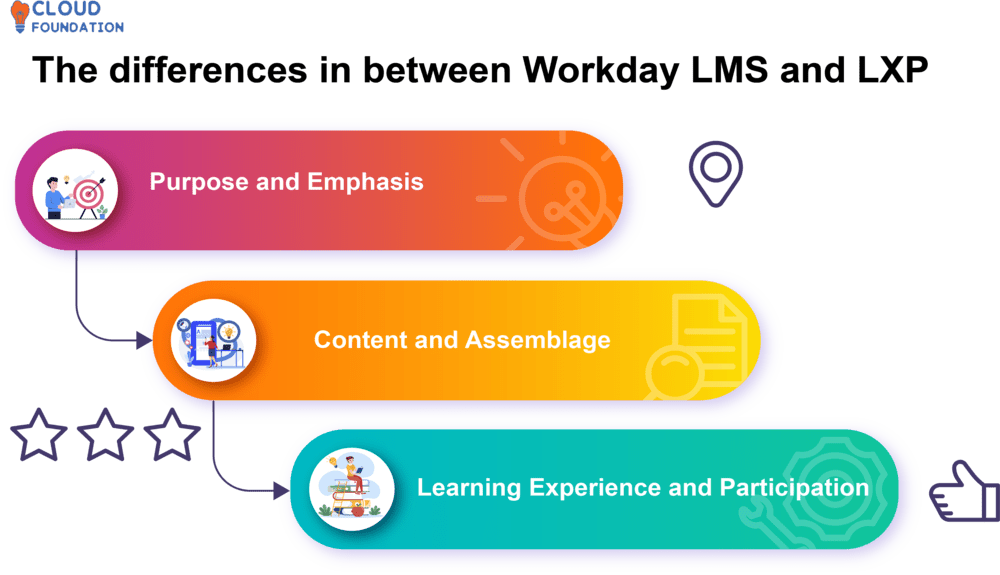
Purpose and Emphasis:
Learning Management System platforms such as Workday LMS are designed primarily for administering, delivering, and tracking educational and training content.
LMS platforms like this typically administer formal learning programs, including compliance training, onboarding courses, and certification exams – course catalogs, enrollment procedures, and reporting features can often be found among these LMS systems.
But on the flip side of that coin are other LMS solutions, like Instructure’s. Interestingly enough.
LXPs (Learning Experience Platforms) strive to foster learner-centric approaches to education by offering custom content curated specifically for them and personalized to enhance the overall learner experience.
Users, collaboration, and informal learning are top priorities at LXPs, often collating material from multiple sources, including external resources, to provide access to abundant learning materials.
Content and Assemblage:
Workday Learning management systems (LMS) serve as centralized repositories for organizing and managing learning content within organizations. LMSs are typically responsible for hosting courses designed by administrators or subject matter experts within them as well.
LXPs often combine various content sources into their learning plans than formal courses, such as articles, videos, podcasts, and informal learning materials from external and internally developed sources.
Learning Experience and Participation:
LXPs prioritize creating an engaging user learning experience by employing social learning, gamification, microlearning, and tailored recommendations to increase learner motivation and engagement. They aim to offer immersive yet user-friendly environments.
Analytics and Reporting
LMS platforms typically feature robust reporting and analytics features to track learner progress, completion rates, and compliance metrics and provide specific details regarding formal training activities or compliance regulations.
LXPs provide reporting and analytics features, but their primary emphasis typically centers around individual learner engagement, content consumption patterns, personalized recommendations, learner interests, popular content, or any possible social interactions between learners.
How does workday LMS work?
Companies can utilize it to organize learning paths for staff members, delegate duties to others and develop quizzes and surveys to measure the efficacy of various training programs.

Workday Learning Management System also features reporting and analytics features to evaluate the efficacy of various training efforts.
Why Workday LMS, and what are the benefits of Workday LMS?
Workday LMS was developed to assist organizations in efficiently administering employee learning and development programs.
The benefits of Workday LMS:
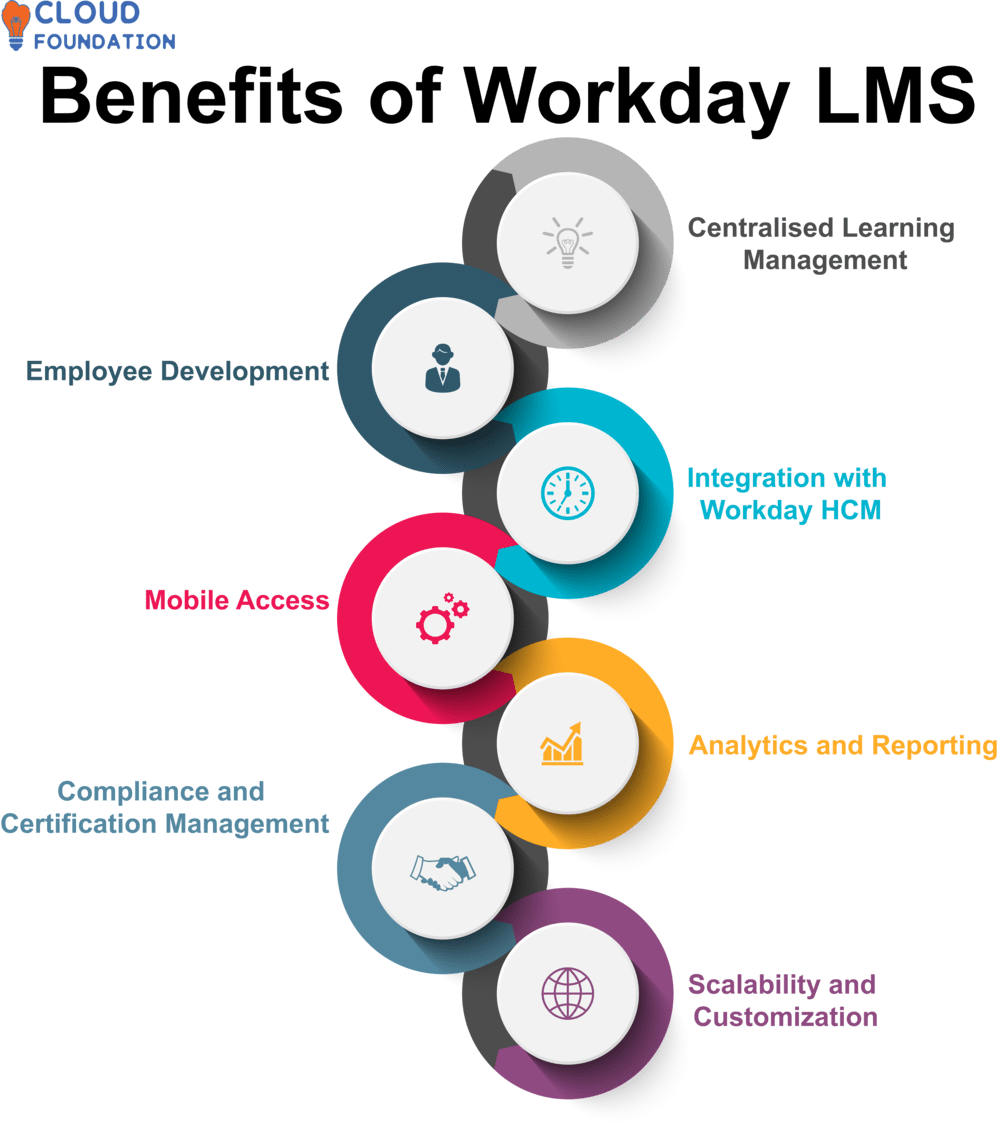
Centralized Learning Management: this platform allows the organization’s all learning activities under a centralized umbrella.
Employee Development: Organizations may utilize Workday LMS as part of an employee development strategy by creating tailored learning paths for staff development strategies using Workday LMS.
Supported material formats include e-learning modules, instructor-led training videos, and documents allowing employees to find resources tailored specifically for them quickly.
Integration with Workday HCM:This link facilitates easy transmission of employee data such as job responsibilities, departments, and performance evaluations for accurate learning activity tracking and reporting.
Mobile Access: Workday LMS mobile interface makes learning accessible, enabling employees to access learning content and complete training sessions from smartphones or tablets anytime and anywhere, creating on-the-go learning opportunities that allow employees to explore materials conveniently.
This adaptable Workday Learning Solution provides easy onboarding into workday learning processes for employees with flexible work arrangements who need flexibility when accessing learning material.
Analytics and Reporting: Administrators can monitor course completion rates, evaluation scores, and employee feedback to evaluate learning programs and make data-driven choices.
Compliance and Certification Management: Workday LMS provides organizations with functionality for overseeing compliance training and certification programs, helping staff receive appropriate instruction to comply with regulations while upholding related certifications.
This functionality ensures that staff receivesthe training necessary to full fill regulatory obligations while remaining compliant.
Scalability and Customization: Workday LMS is a cloud-based solution offering scalability and customization features for organizations of any size.
Advantages of Workday LMS
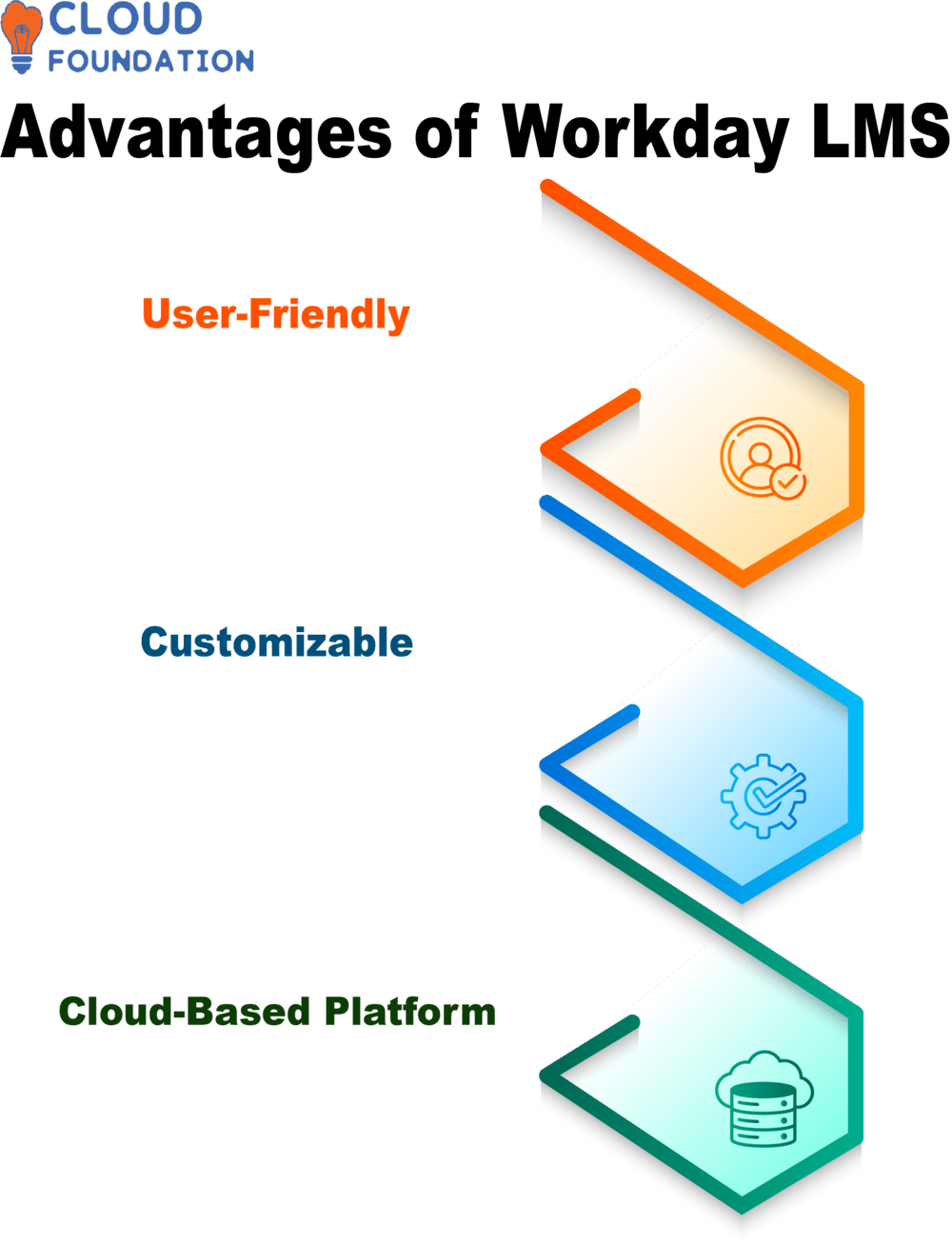
User-Friendly: The Workday Learning Management System (LMS) was designed with user-friendliness in mind, making the system quickly adoptable by training personnel for use across organizations quickly and effortlessly deploying online learning content.
Customizable: Workday LMS allows organizations to tailor the system according to their specifications, whether tailoring user interface customizations, creating learning portals with specific brand identities or overseeing course content management.
Cloud-Based Platform: Ideally, this enables organizations to monitor employee growth from one centralized location – an LMS.
What is Workday LMS software, and how to use Workday LMS?
LMS provides a centralized platform for managing learning activities such as delivery, tracking, and reporting on various courses.
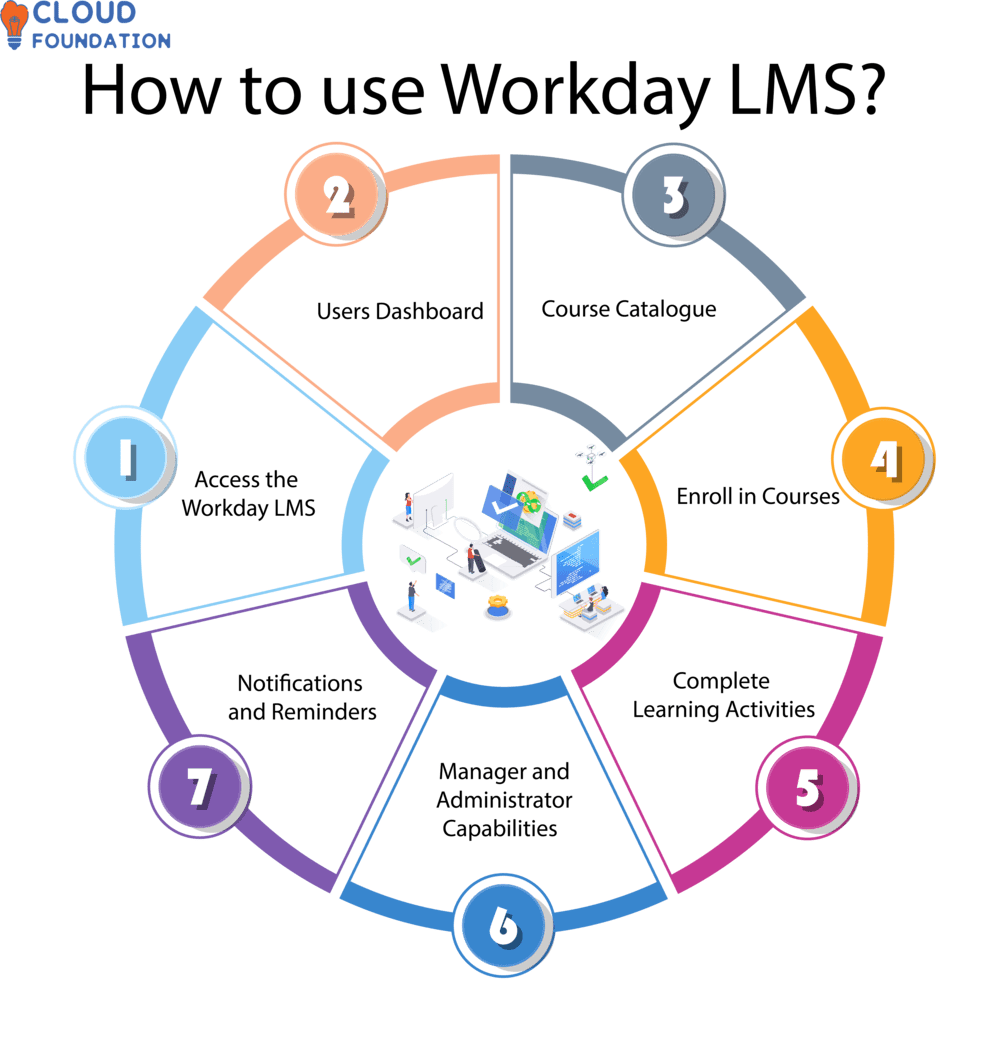
Access the Workday LMS:To use the Software Typically, HR or training departments issue login credentials for users to gain access.
Users Dashboard: Once logged in, a User Dashboard will be visible – this serves as your portal to learning content, monitoring progress, and overseeing training activities.
Course Catalogue: Workday LMS offers a course catalog to enable browsing and searching available training courses, from instructor-led sessions and e-learning modules, videos, and documents through evaluations.
Enroll in Courses: After selecting an appealing course, enrolling can be completed quickly and efficiently. Keep an eye out for prerequisites or manager approval before enrolling; follow any applicable instructions for enrollment in each class.
Complete Learning Activities:Once enrolled in a course, you will gain access to learning materials and can start training immediately – this may involve reading documents, viewing videos, participating in group discussions and quizzes, or taking exams.
Manager and Administrator Capabilities: Workday LMS provides managers and administrators with additional capabilities. They can assign courses to team members, track their progress over time, compile reports on departmental training needs, and more.
Notifications and Reminders: Workday LMS may send messages and reminders regarding courses, deadlines, training updates, or any updates related to training-related matters.
Workday LMS Features
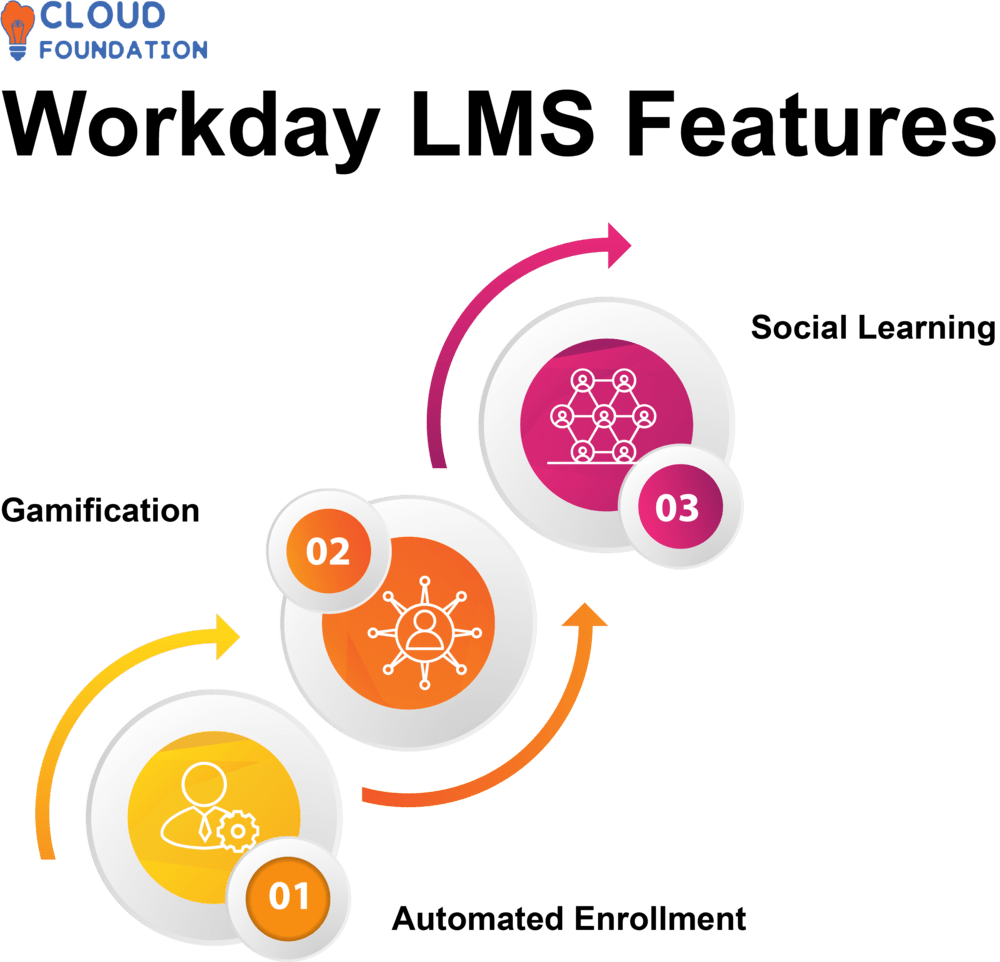
Automated Enrollment: Workday LMS offers automatic employee enrollment based on job role or other considerations, potentially saving time and reducing the workload associated with manual enrolling processes.
Gamification: Workday LMS offers various gamification features to encourage learners to complete courses successfully, such as leaderboards and badges.
Social Learning: Workday LMS offers a social learning platform where learners may engage with one another and collaborate on projects, creating an immersive learning experience and increasing knowledge sharing.
What are the best ways to learn Workday LMS?
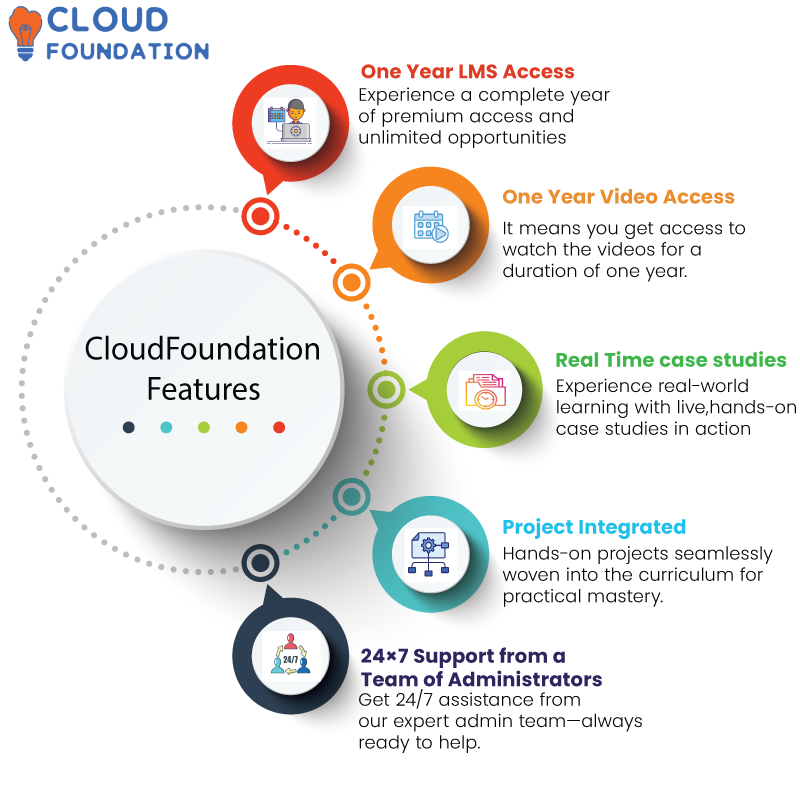
Now let’s see What is Workday Learning!!
Optimal learning of Workday Learning Management System (LMS), going through Workday Learning PDFs and online classes provided by CloudFoundation are highly recommended.
These Workday E Learning classes will give you a more profound knowledge of Workday LMS Platform features and their various aspects, providing an excellent opportunity for you to ask any pertinent questions or get advice from more seasoned users in addition to learning from them.
By joining these training classes, you can collaborate with more seasoned users for learning purposes and sharing expertise among peers.
CloudFoundation’sofficial Website offers demonstrations, Workday LMS training videos, and Workday LMS blogs which may prove immensely helpful, while my previous blogs can teach you more about Workday LMS.
Discover Workday LMS from scratch using this resource, then utilize its training modules and Certification Guidance to show that you possess a command of this language.

Saniya
Author



